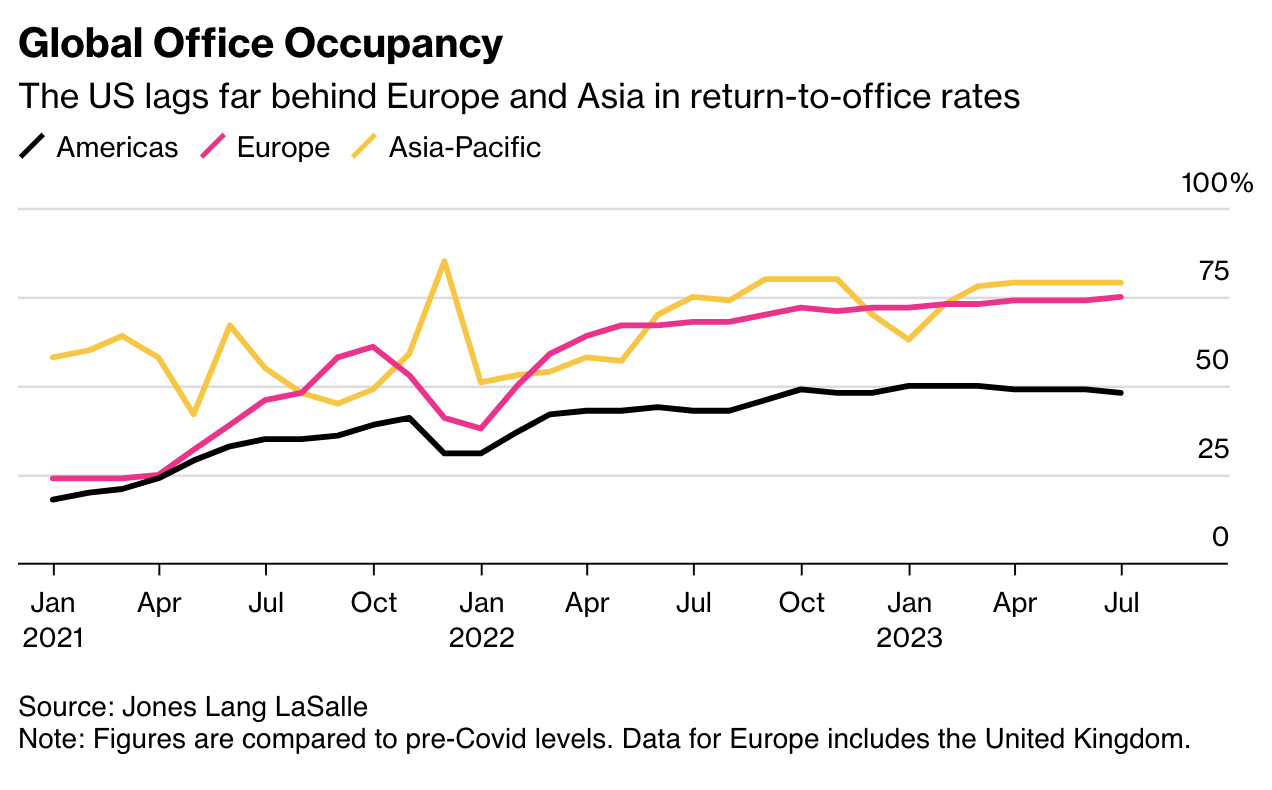Issue 148: The History of the Universe is About to Change
Welcome to Backstory, a weekly newsletter turning global technology shifts into a three-minute read. This week, we’re talking smart cities. – Mary Ames, Director of Strategy
THE BIG TAKE
The History of the Universe is About to Change
Emirati astronaut Sultan Al Neyadi has returned to Earth after a historic six-month mission aboard the International Space Station. Al Neyadi splashed down in the Atlantic Ocean off the coast of Florida along with three other astronauts on Monday. His mission is another testament to the growing reach of the UAE’s space program and the larger goals of the country in space. The emergence of the UAE’s space program couldn’t have come at a better time, as humanity is rethinking everything we know about space.
A giant telescope. The James Webb Space Telescope was successfully launched at the end of 2021. A joint project of NASA, the European Space Agency, and the Canadian Space Agency, the telescope is the most powerful instrument humanity has ever sent into space. It has already allowed scientists to look back in time at the universe’s first stars and galaxies. As a result of the new data coming from Webb, we have to rethink our fundamental understanding of space.
New ideas. According to leading physicists writing in the New York Times, one of Webb’s first significant findings was exciting in an uncomfortable sense. It discovered the existence of fully formed galaxies far earlier than should have been possible according to the so-called standard model of cosmology. This isn’t the first time new data has challenged long-held assumptions. There have been several other recent occasions where the evidence behind science’s basic understanding of the universe has been shown to be alarmingly inconsistent. This is the beauty of science in action and underlines why the UAE space program is taking off at a perfect time. New technologies are helping us rewrite our understanding of the universe. The future is about to be rewritten.
QUOTE OF THE WEEK
“I can forgive ignorance but I can’t forgive a staunch commitment to it.”
– Unknown
CHART OF THE WEEK
This week, we are thinking about remote work. The American workforce is hanging on to its remote work lifestyle.
OUR VIEWS THIS WEEK
Our writing on space: Over the past years, we’ve explored many aspects of the UAE’s space program. Throughout our special Backstory: Space editions and published articles on our website, Xische has been a one-stop shop for all things space. We strongly believe in the ability of space exploration to spur our knowledge economy at home. As the Hope probe continues its marathon mission, we’ll continue to follow the story of space closely. The Hope probe is only the beginning for the UAE, the region, and us.
The space club: When Hazza Al Mansouri lifted off from a remote Russian space facility in Kazakhstan, he carried the hopes and aspirations of a nation and a people. His mission to the International Space Station marked the UAE’s admission to the space club. In this piece published by Xische, we outlined what it means for a small country to take a seat among the most powerful nations leading space exploration.
SPOTTED ELSEWHERE
Unread books. Long-time Backstory readers will know all about our love of reading. Paper books, in particular, have the uncanny power to break our screen-driven lives and bring a powerful sense of calm. But what about all those unread books we all have? According to this fantastic piece in the Washington Post, unread books are a source of anxiety for even the most diligent readers. So don’t let those volumes on your nightstand upset you.
The science of narcissism. Do you know a narcissist? The chances are high that you do. An estimated 6 percent of the United States population has, at some point, fit the criteria for narcissistic personality disorder. Remarkably, we know little about this condition. According to Scientific American, researchers who study the condition and the therapists who treat it tend to disagree about some of the fundamental characteristics of narcissism. But this is changing, and we are on the verge of a breakthrough.













